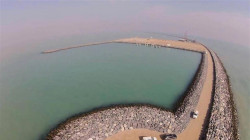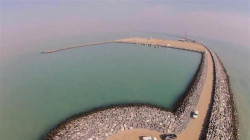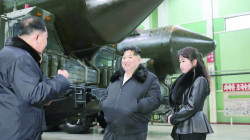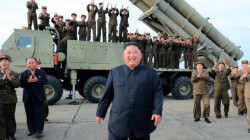North-South Korean war: $4 trillion economic hit, Bloomberg warns
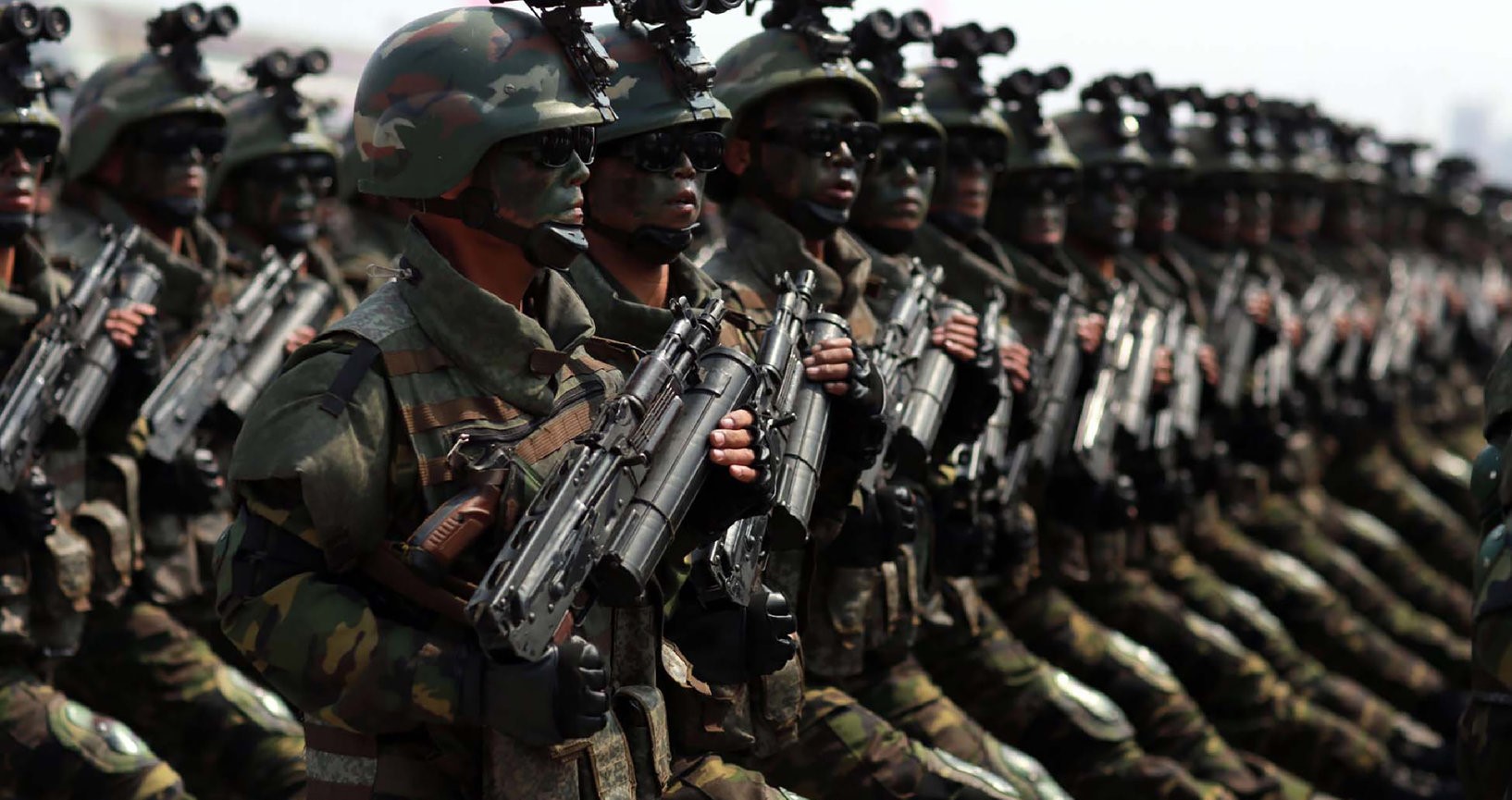
Shafaq News/ Any war on the Korean Peninsula between South and North Korea would have significant global economic consequences and result in massive human losses, according to Bloomberg Agency.
Some experts said that the likelihood of a full-scale war between North and South Korea is very low, but “not zero.” Vladimir Putin’s recent visit to Pyongyang — his first in 24 years — rekindled a Cold War-era alliance with Kim Jong Un and resulted in a new defense pact. This development adds another layer of risk to a world already destabilized by the war in Ukraine and China's threats to Taiwan.
Later, the White House commented that the defense pact between Russia and North Korea, signed by their leaders, is concerning for the United States but " not a surprise."
White House National Security Advisor John Kirby stated, "For several months, we have discussed and warned about the increasing defense cooperation between the two countries, and we have shared a range of intelligence information."
He added, "We disclosed details about North Korea's support for Russia in its war in Ukraine, including their transfer of weapons, and we addressed the issue seriously, as is evident," reported Reuters.
The Bloomberg report affirmed that “a full-scale conflict on the Korean Peninsula could leave millions dead and cost the global economy $4 trillion in the first year, or 3.9% of GDP — more than double the damage from Russia’s assault on Ukraine.”
Like Taiwan, South Korea’s role as a major chip producer means its importance to the global economy goes beyond the size of its GDP.
Samsung Electronics — among the world’s top 30 firms by market capitalization — produces 41% of the world’s DRAM chips and 33% of NAND memory chips. Its products are crucial inputs for companies from Apple Inc. to the Chinese smartphone maker Xiaomi Corp.
If South Korean electronics exports are halted, that would send a shock across the global economy. South Korea produces 4% of all electronic components used in factories worldwide, and around 40% of all memory chips. In 2022, sectors like electronics and autos that use semiconductors as a crucial input, accounted for 30% of GDP in Taiwan, 11% in China and 8% in Japan.
Wi Sung-lac, who served as South Korea’s nuclear envoy from 2009 to 2011 and is now a lawmaker with the opposition Democratic Party, estimated “a 30% chance of a skirmish on the Korean Peninsula in the coming years,” warning that “any clash could escalate into a wider conflict.”
“I would call it the most serious situation since the collapse of the Soviet Union,” Wi said in an interview in Seoul. “Some sort of encounter could lead to small-arms fire, and that leads to machine-gun fire and artillery fire.”
Additionally, a study conducted last year by the Korea Institute for Defense Analyses in Seoul estimated that “North Korea possesses approximately 80 to 90 nuclear warheads, sufficient to target South Korea, Japan, and even the United States.”
Overall, nearly half of South Korea's manufacturing sector and a large portion of its semiconductor capacity could be wiped out. Additionally, shipping routes to China, Russia, and Japan would likely be affected.
With the US and China expected to take opposing sides in the conflict, similar to their roles in the Korean War, trade between the economic giants would encounter new obstacles, causing global markets to fall sharply.
Moreover, the report suggested that a limited war on the Korean Peninsula, without major power involvement, would result in less severe economic damage to South Korea.
“Kim Jong Un is rational enough to not be suicidal,” said Lami Kim, a professor of security studies at the Daniel K. Inouye Asia-Pacific Center for Security Studies, when talking about the North Korean leader.
